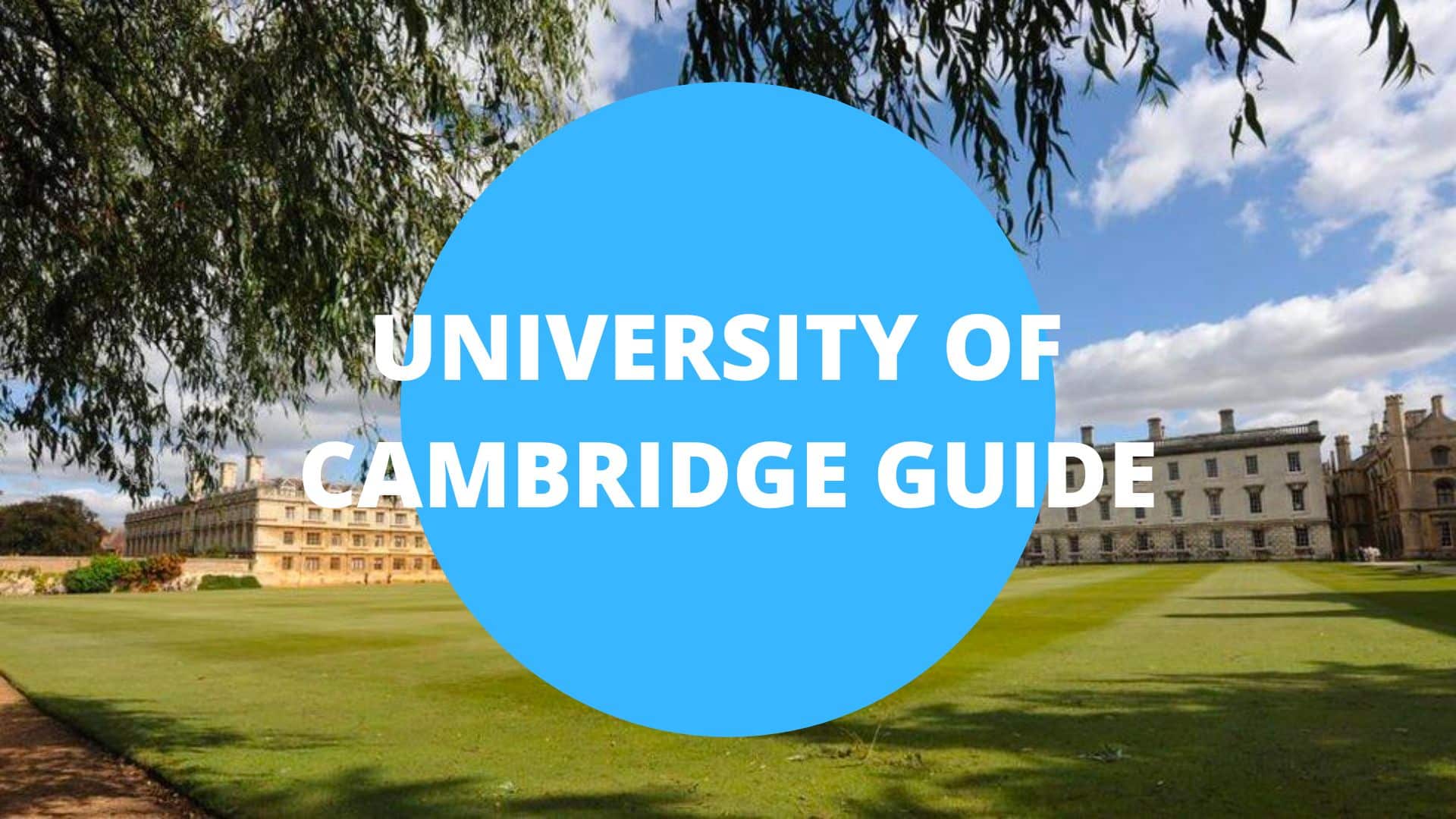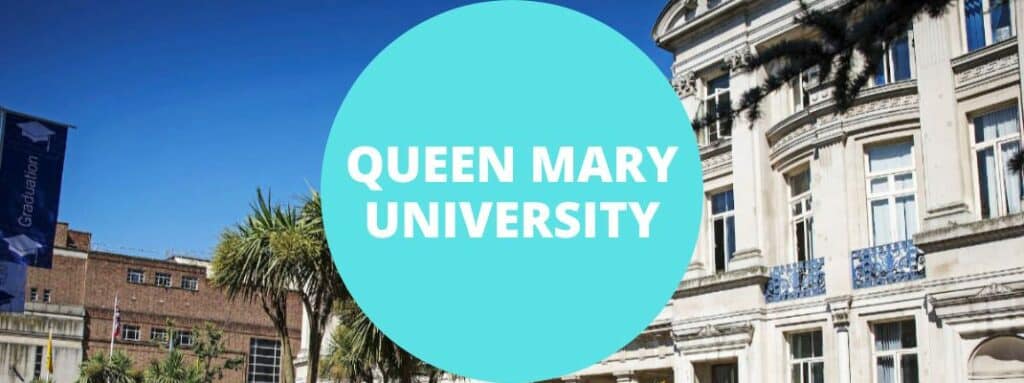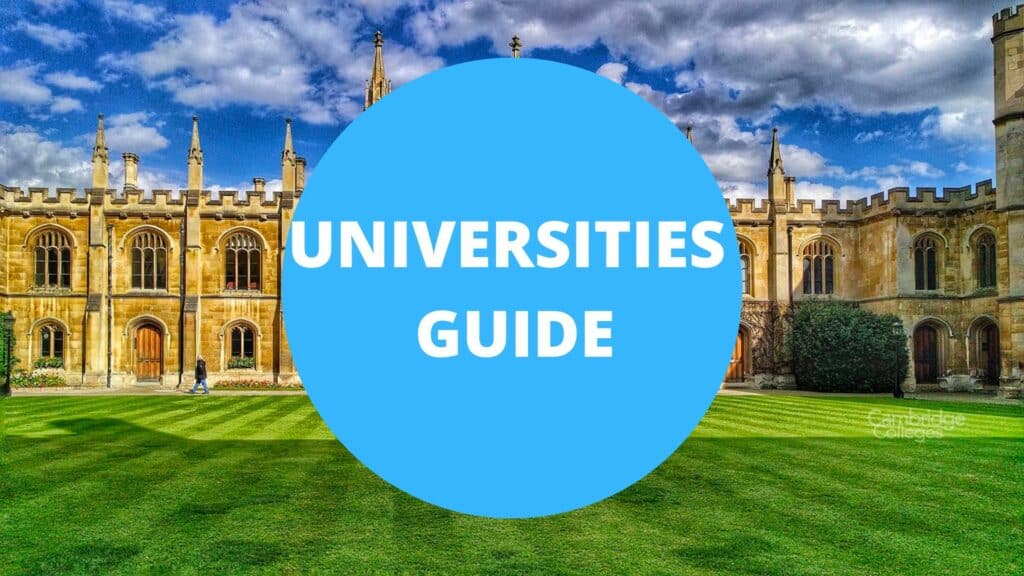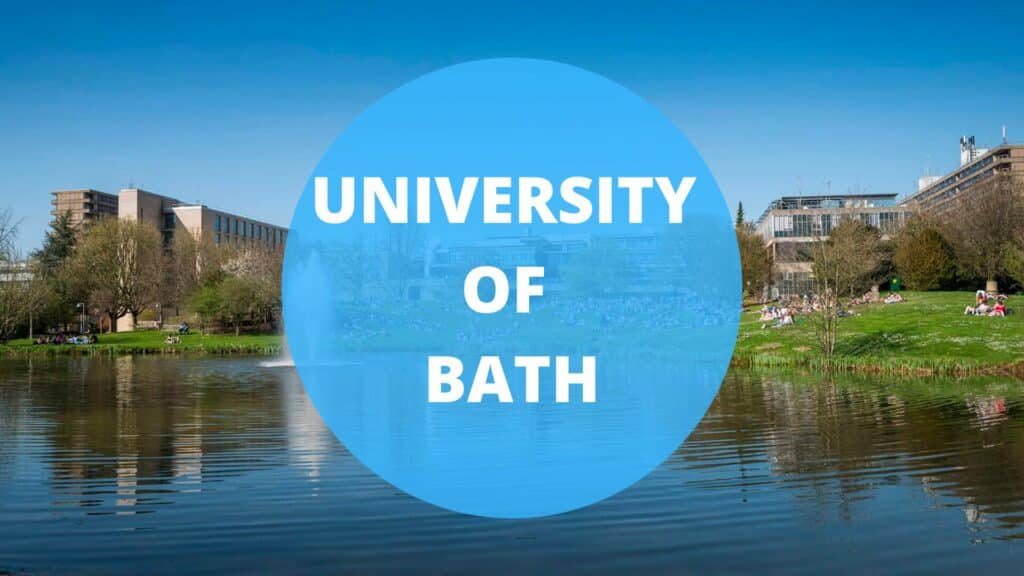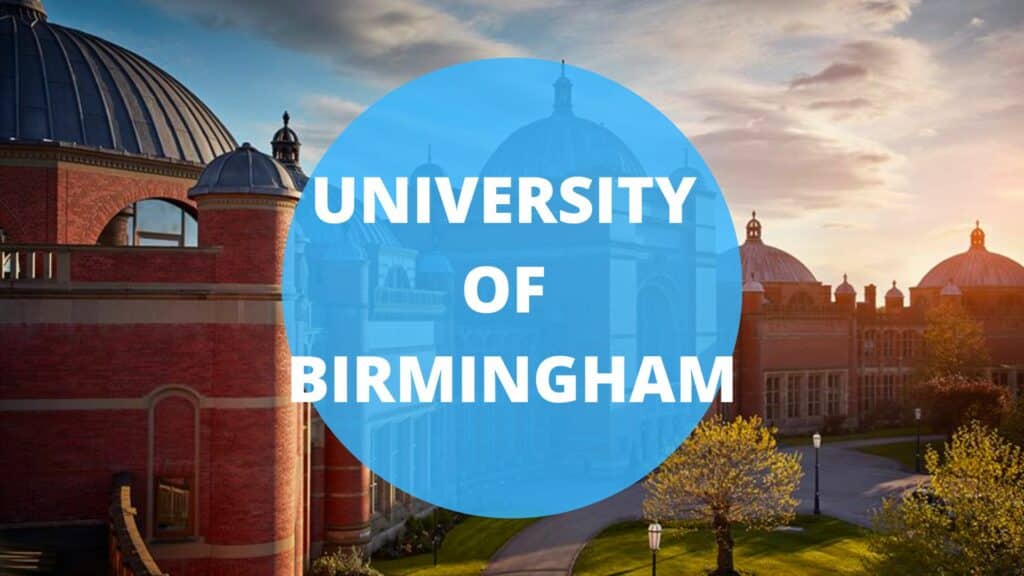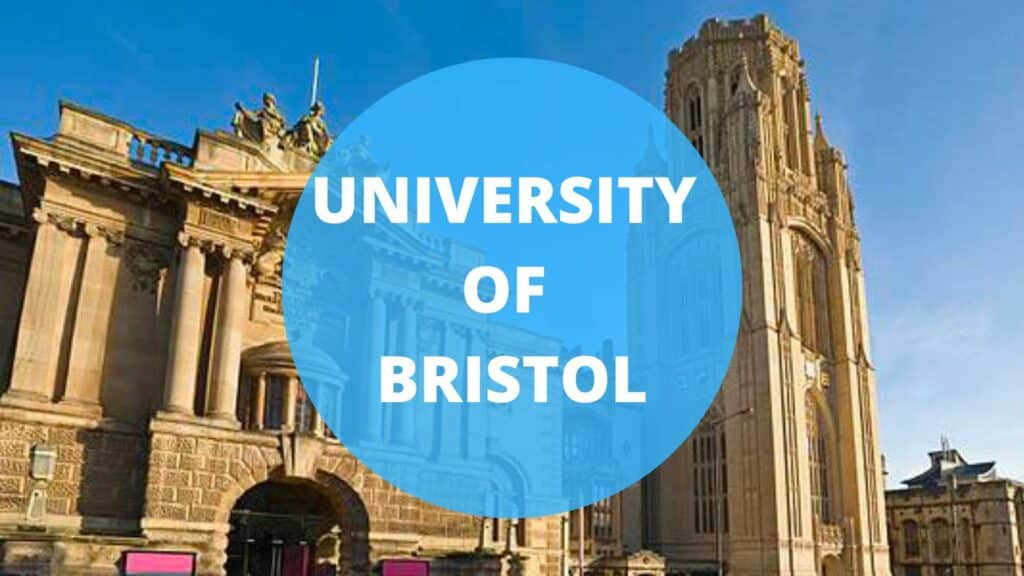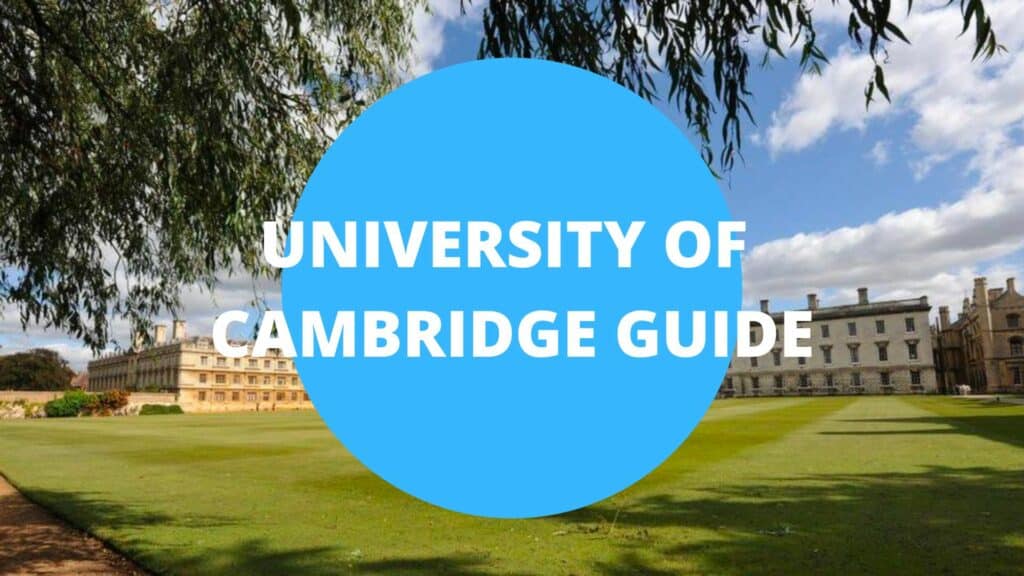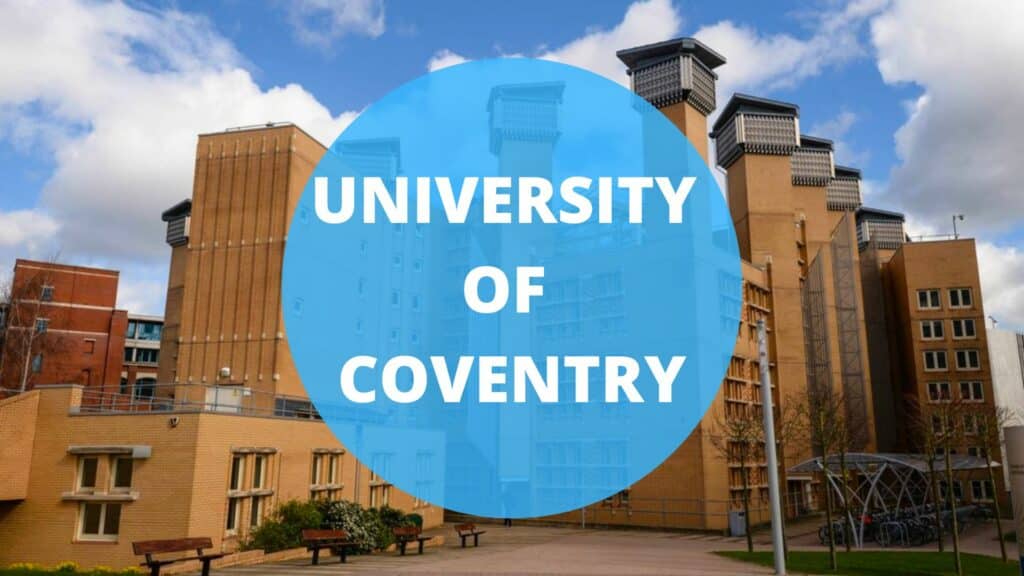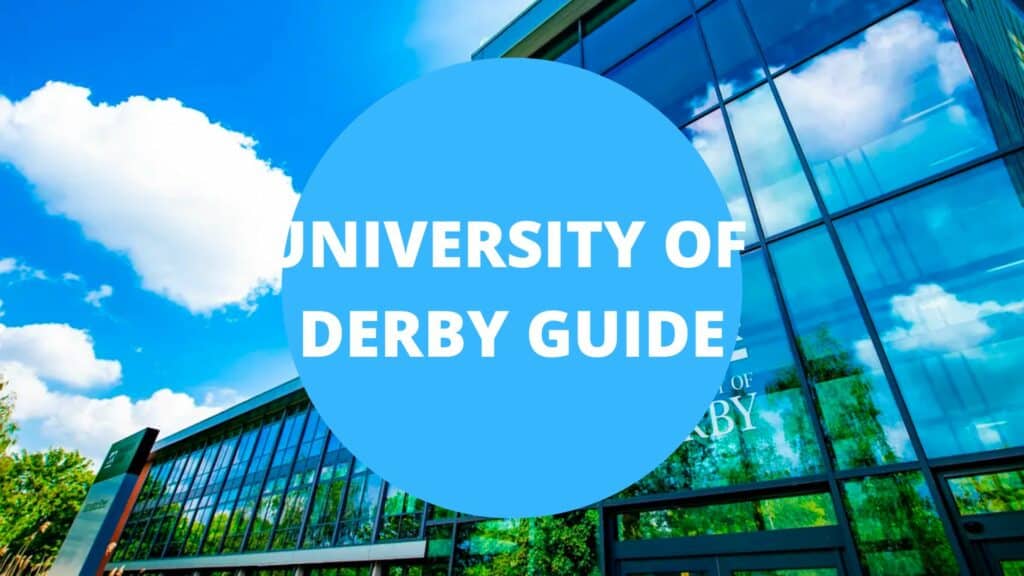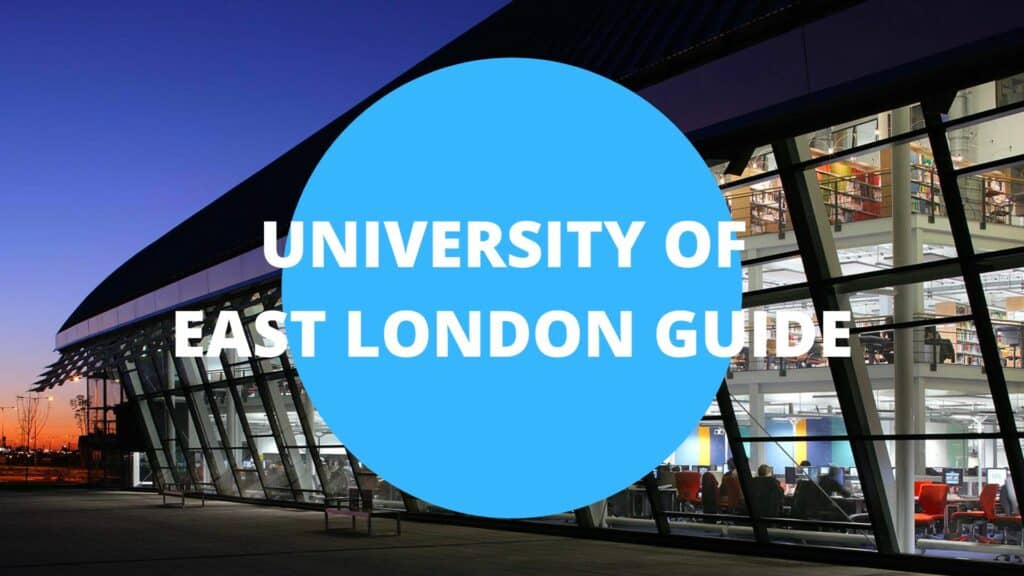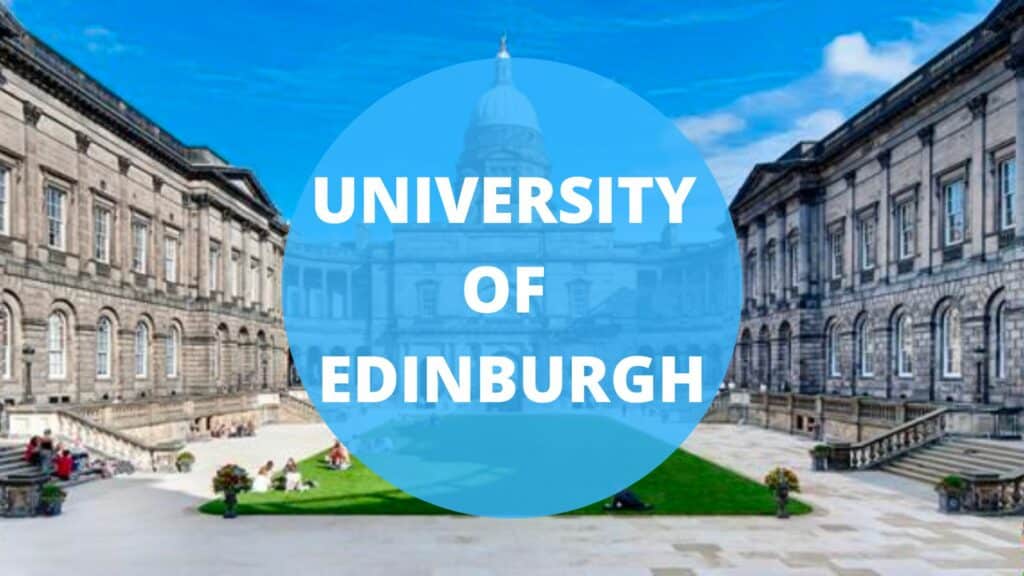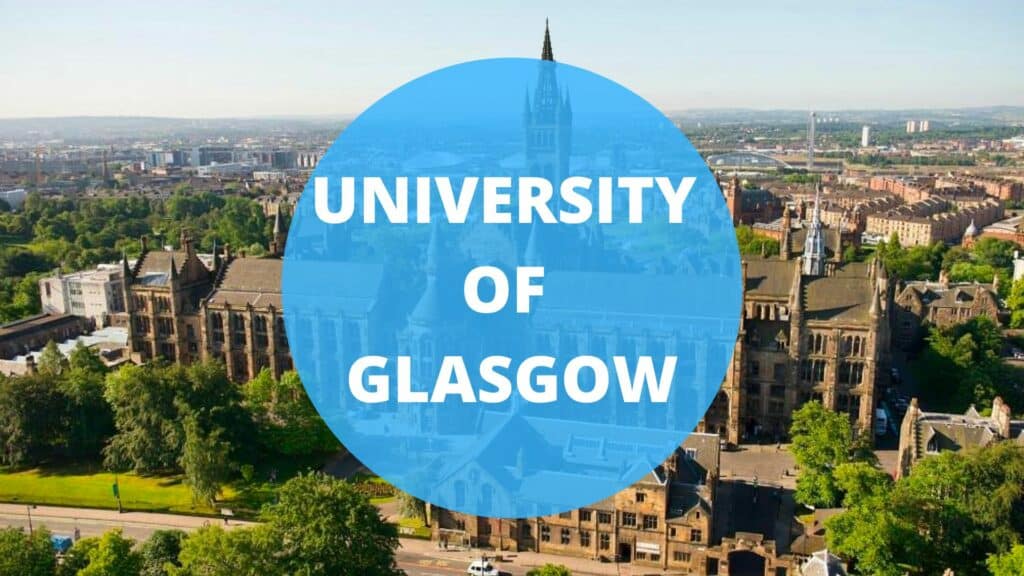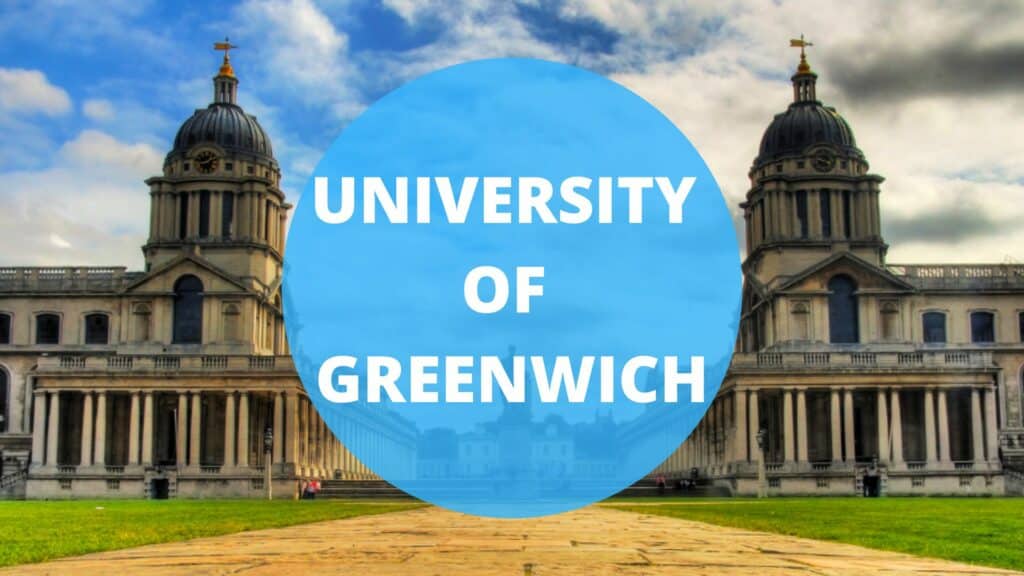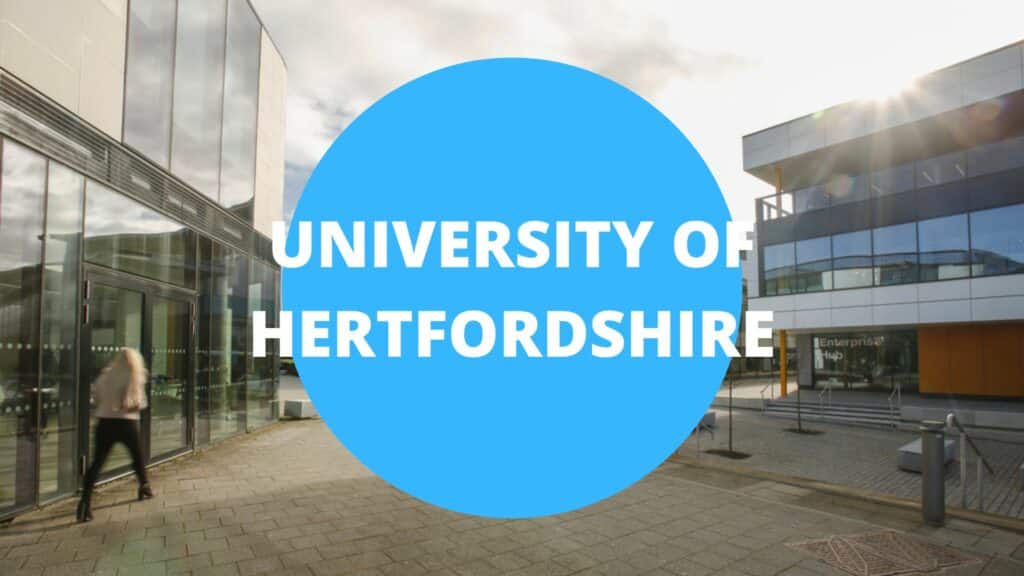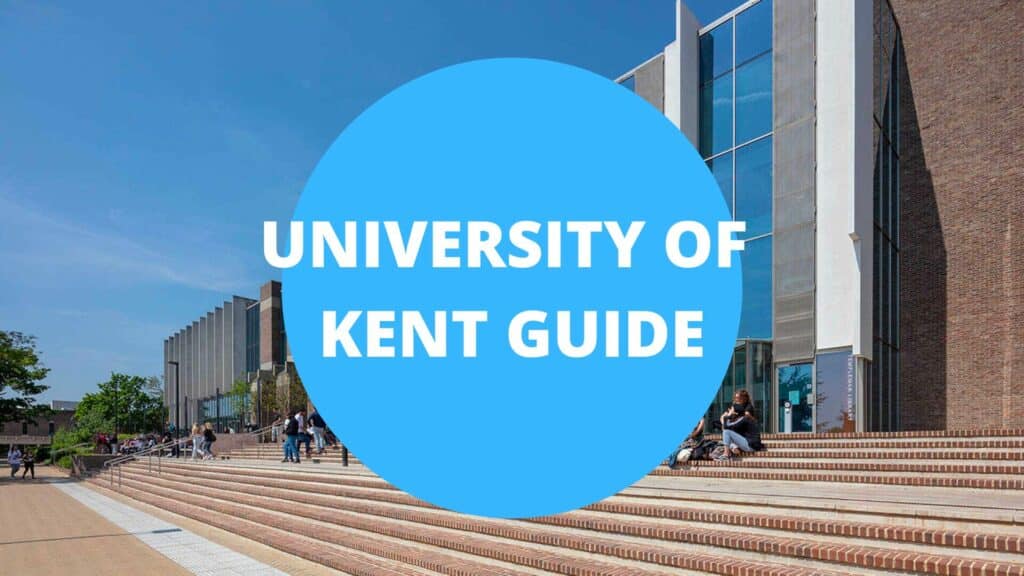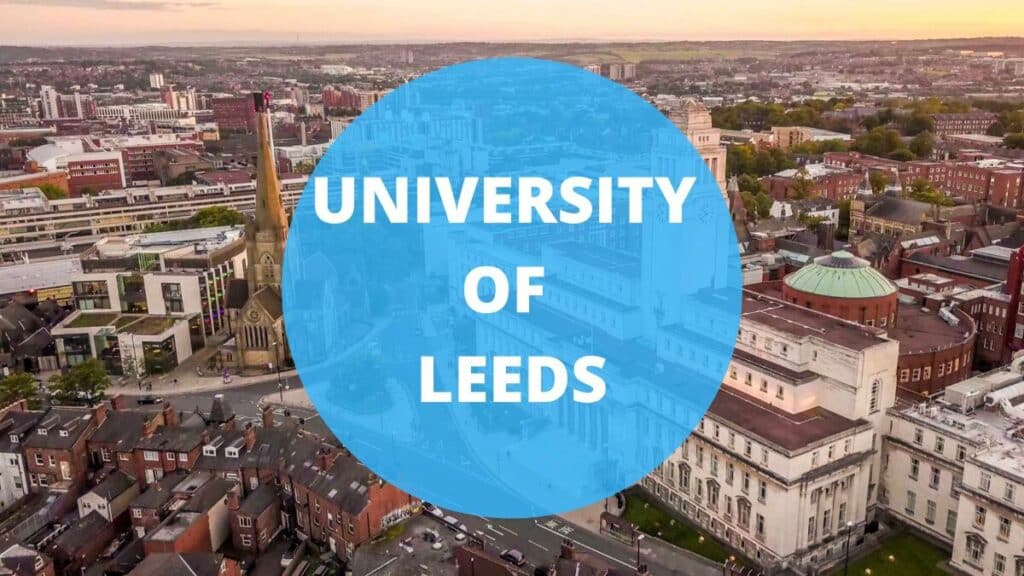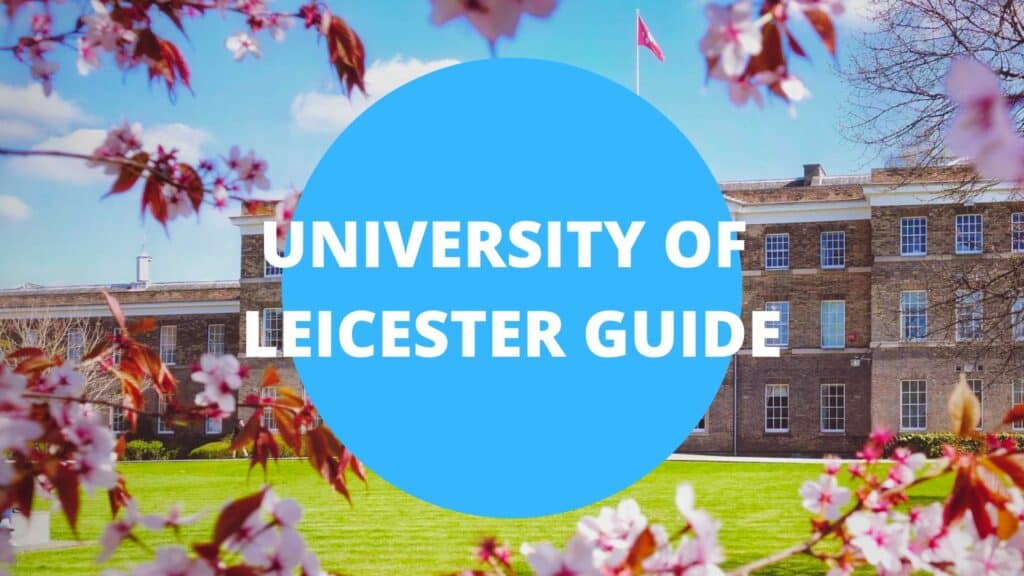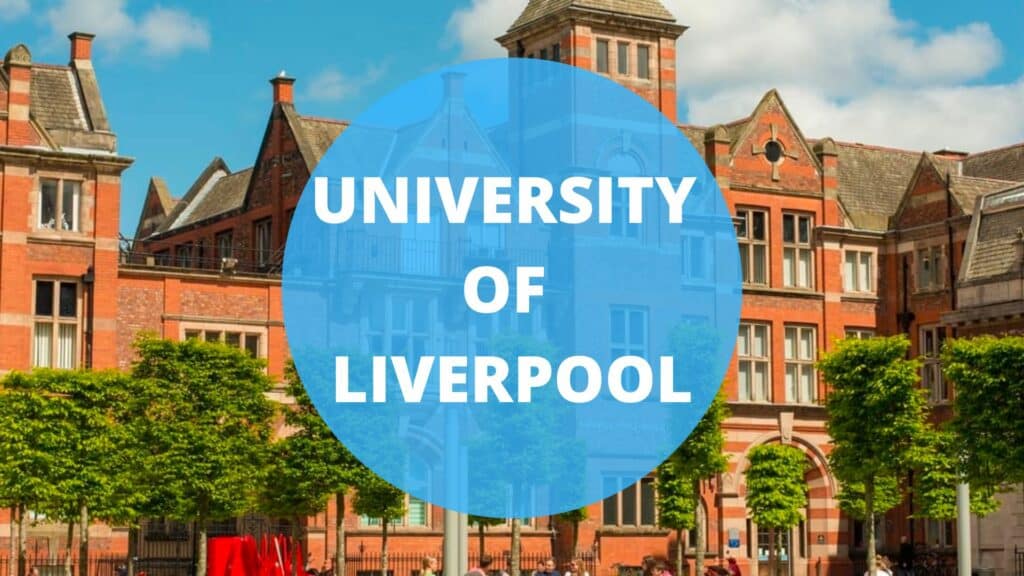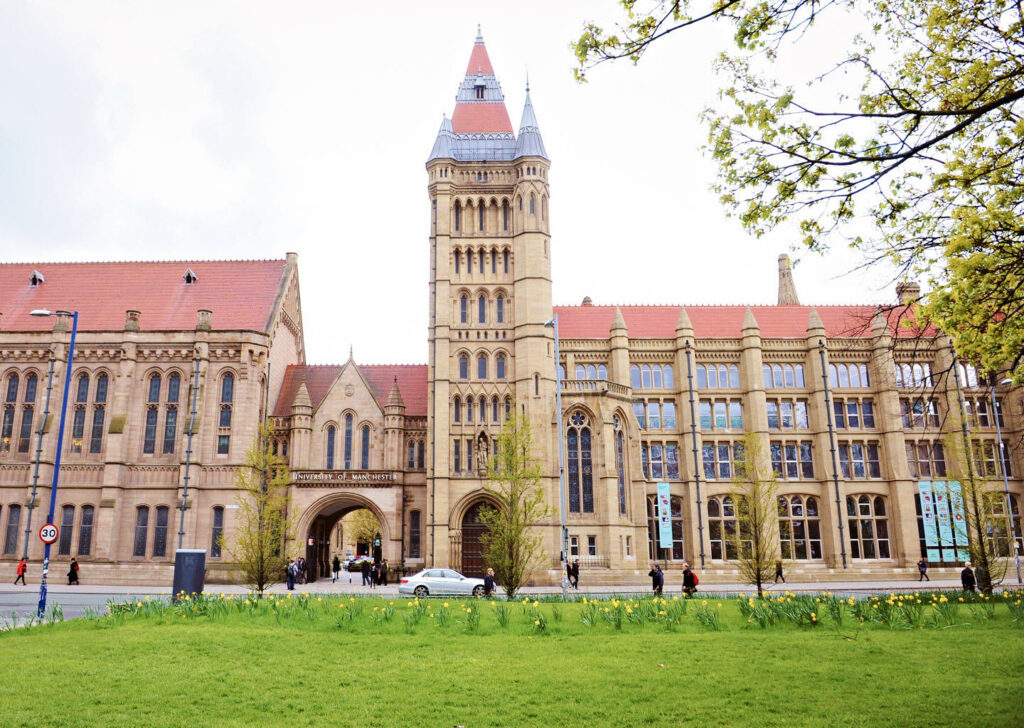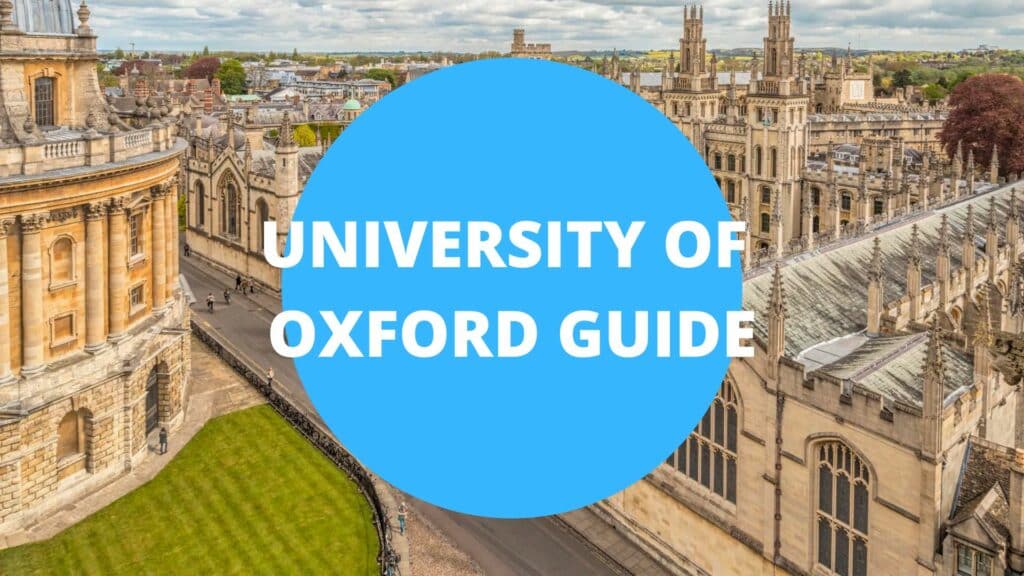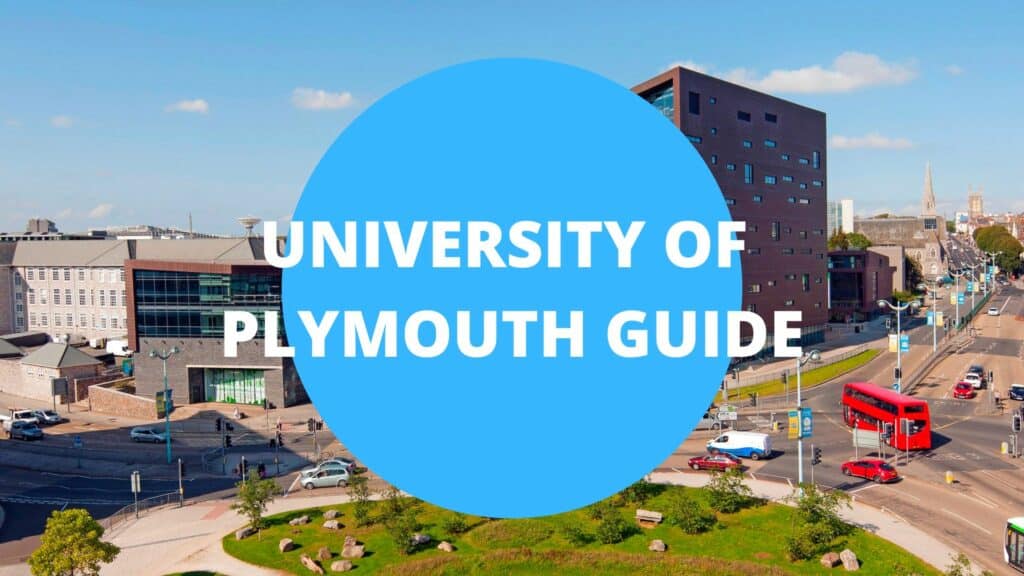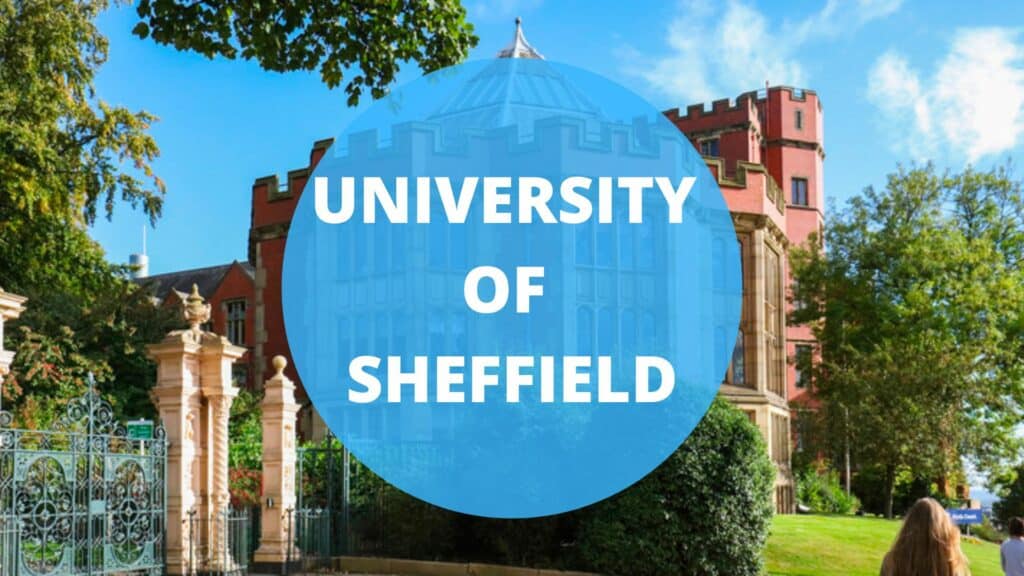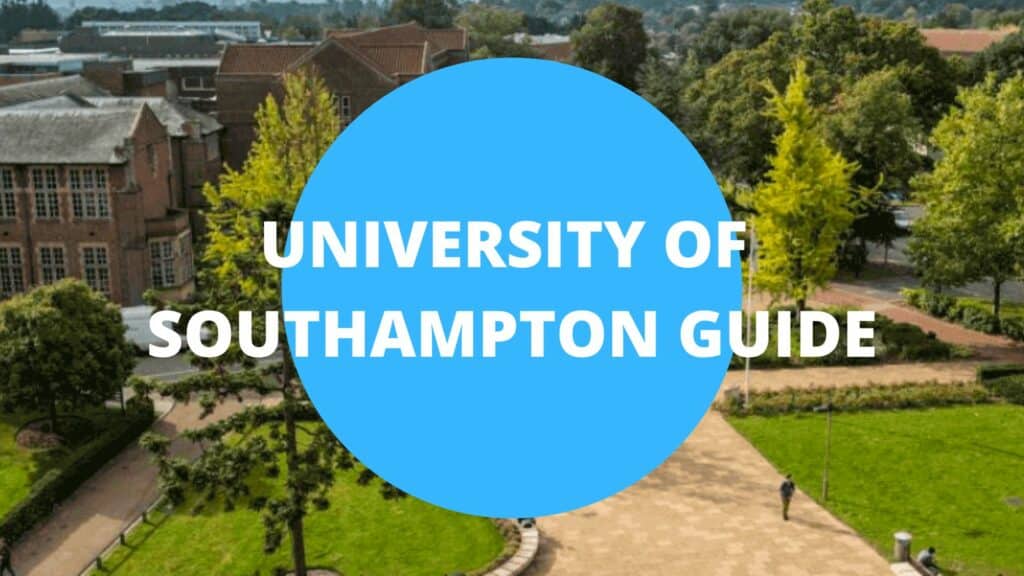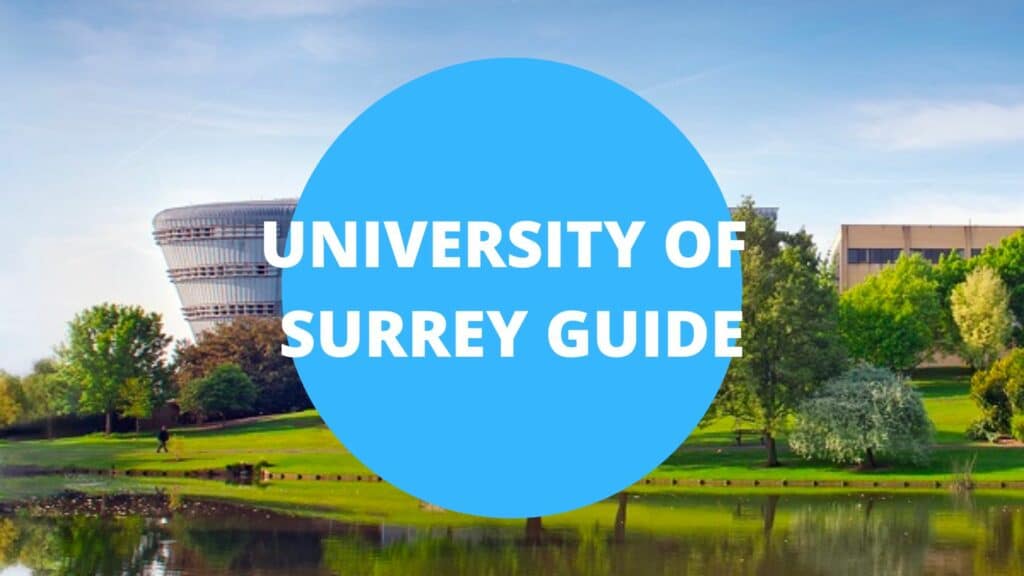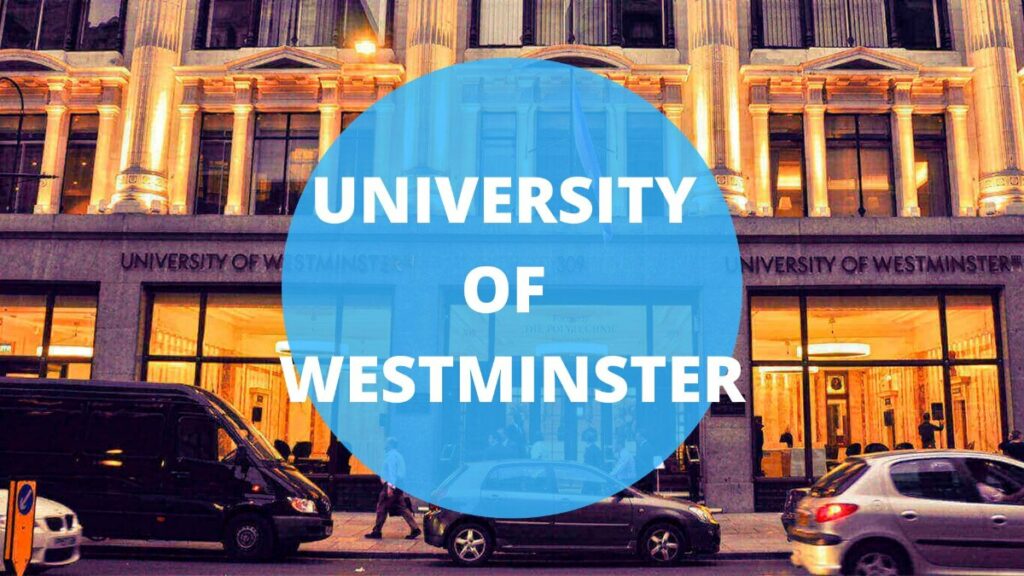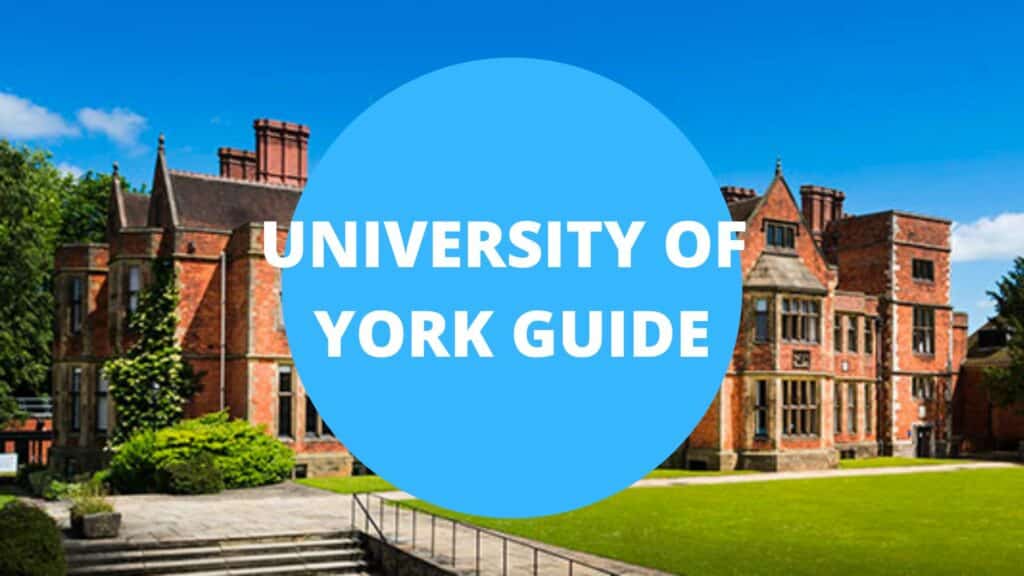Welcome to our University of Cambridge guide, made to help you decide whether this institution is right for you. Keep reading to learn about its courses, facilities, accommodation options, societies, student life, and more.
Overview of the University of Cambridge
With over 100 departments and 18 faculties, the University of Cambridge is one of the largest and oldest universities in the UK. As such, it has a reputation as a prestigious institution that has always been home to talented students whose activities and research have an immense impact on the future. Yet, not everything is about academics either — Cambridge also allows its students to experience the joys and challenges of student life, organising them into societies where they meet new people and attend various events.
History of Cambridge University
The University of Cambridge has a long and rich history as one of the oldest universities in the UK, second only to Oxford. It was initially founded in 1209 by a group of scholars that gathered around an ancient trading post in order to study. Then, in 1284, the university’s first College, Peterhouse, was officially established.
Among the older colleges was King’s College, founded by King Henry VI, who also laid the foundation for King’s College Chapel. However, he certainly would not be the only king involved in the University of Cambridge’s centuries-long history. A century later, King Henry VIII established the famous Trinity College, which later housed numerous famous and influential people, such as Thomas Nelson and Lord Byron.
Over the centuries, other Colleges were established, and many new research fields were added to the University of Cambridge. However, it stood out among other institutions, mainly because of its studies of mathematics. From Isaac Newton to Lord Kelvin, James Clerk Maxwell, and Lord Rayleigh, many mathematicians pursued their passions and did their research at the University of Cambridge. To this day, maths is one of the strongest fields and a particularly successful course the university offers.
After centuries of operation, the Cambridge University Act finally formalised the institution’s structure and introduced several new subjects, including modern history, theology, and languages. Then, in the 20th century, the University of Cambridge began awarding PhD degrees, with the first being in mathematics.
What is the address of the University of Cambridge?
The University of Cambridge’s official address is:
The Old Schools
Trinity Lane
Cambridge
CB2 1TN
United Kingdom
Map of the University of Cambridge
You will find the map of the University of Cambridge below:
How to get to the University of Cambridge
The University of Cambridge is located in Cambridge, a small city in eastern England about an hour and a half drive from London. The city is well connected to London and other parts of the UK, and it is just as convenient to reach when coming from abroad. Here are some of the available routes:
- By car: Cambridge is 60 miles northeast of London, connected to it via the M11. The motorway is quite straightforward, but keep in mind that parking in the city is limited. Thus, you most likely will not be able to come to the very centre by car.
- By train: The main train station is located only a mile away from the city centre, easily reachable by foot. You can also use the other station, Cambridge North, which is two miles away. Both are connected to London and other major UK cities.
- By bus: National Express coaches drive to and from Parkside in the city centre. In addition, you can use local bus services to commute between railway stations and the centre.
- By plane: If you are coming to Cambridge by plane, Stansted and Luton are the closest airports. However, you can also easily access Heathrow via London King’s Cross by train. What is more, regular bus lines run between Cambridge centre and the largest surrounding airports.
What are the top courses at the University of Cambridge?
As one of the world’s most prestigious institutions of higher education, the University of Cambridge offers its students a range of subjects, making sure to employ only the most innovative teaching methods. Thanks to that and its long tradition in research and inspired learning, many of its courses have placed highly on global rankings.
Some of the top courses at the University of Cambridge include:
- Clinical Medicine (#25 in the world)
- Mathematics (#4 in the world)
- Arts and Humanities (#3 in the world)
- Psychiatry/Psychology (#9 in the world)
- Space Science (#4 in the world)
- Social Sciences and Public Health (#11 in the world)
- Biology and Biochemistry (#6 in the world)
Regardless of their department, both undergraduate and postgraduate students will gain all the knowledge and expertise they need in their chosen field. On top of that, they will be encouraged to research and contribute to the academic community as much as possible, ultimately leading it towards a brighter future.
Where is the Cambridge Students Union?
Cambridge Students Union operates as a representative body for all the students of Cambridge and its constituent colleges. The Union advocates for students’ needs and rights, organise events, societies and extracurricular activities, and delivers positive change to the community. In addition, each student can receive the support and advice they require as long as they are enrolled at the University of Cambridge.
To find the Students Union, visit the following address:
3rd Floor University Centre
Granta Pl, Mill Lane,
Cambridge
CB2 1RU
What are the best Cambridge student nights?
Since 20% of the town’s population are students, Cambridge is known for its academic excellence and an atmosphere that fosters learning. However, it also boasts an exciting nightlife that caters specifically to students, with affordable drinks and diverse hotspots. Give your books a break for one night and explore the life Cambridge has to offer beyond its libraries.
If you do not want to hit the town unprepared, we have a few excellent clubs to recommend:
- Lola Lo — organises regular student events called Motive Mondays, a staple in Cambridge
- Mash — regularly hosts Woo Wednesdays, excellent for hip-hop, R&B, and funk fans
- Vinyl — great DJs, pop hits from every decade, exclusive VIP areas
What are the best student pubs in Cambridge?
As fun as a night out in a club can be, sometimes a cosy atmosphere and good conversation are precisely what you need. Add to that craft beer and light food, and you get a perfect recipe for a pleasant evening.
And bars in Cambridge can offer all those things and more. On top of that, you can take advantage of student nights and discounts, allowing you to enjoy your favourite drinks and food at an affordable price!
Here are a few bars you should visit while studying at the University of Cambridge:
- Revolution — cheap cocktails on Tuesdays, happy hours, additional perks for students
- Ta Bouche — cocktails, outdoor seating, numerous student discounts
- Clare Bar — cheap drinks, live music, different DJs each week
- The Eagle — one of the oldest pubs in the city, rich with history
- 2648 — cocktails, craft beer, live music, and secret rooms hidden behind a bookcase!
- Pickerel Inn — the oldest pub in Cambridge, with excellent drinks and food
Where are the best places to eat for students in Cambridge?
As a student in Cambridge, you will find plenty of joints that serve delicious and varied food yet do not break the bank. Here are a few places you should definitely check out:
- Indigo Coffee House — bagels, great breakfasts
- La Margherita — Italian food, excellent desserts
- Thanh Binh — Vietnamese food, affordable
- Gourmet Burger Kitchen — high-quality hand-crafted burgers
- Tu Casa — authentic Spanish tapas
- Trinity — seafood and meat dishes, cocktails, lunch specials
- The Senate — burgers, sandwiches, great vegetarian and vegan options
What are the Halls of Residence for the University of Cambridge?
Unlike other institutions of higher education, the University of Cambridge does not have designated halls of residence. Instead, undergraduate students are expected to live in a College they have either been allocated to or have chosen for themselves. In either case, these Colleges house them and provide academic support for the duration of their studies.
All Cambridge Colleges are close to the city centre and the university’s various departments. The university consists of 31 Colleges, the most famous of which are Clare Hall, King’s College, St John’s College, Trinity College, Sidney Sussex College, and Peterhouse. Whichever College they are assigned to, most students find their stay at Cambridge pleasant, exciting, and memorable.
What famous people went to Cambridge University?
The University of Cambridge takes great pride in providing education to some of the most notable figures in science, politics, poetry, and numerous other fields. In fact, once you obtain your degree, you will join the ranks of famous Cambridge graduates, including:
- Charles Darwin, biologist and naturalist, creator of the theory of evolution
- Isaac Newton, a scientist and physicist, formulated the theory of universal gravity
- Stephen Hawking, theoretical physicist and cosmologist
- Alan Turing, mathematician, computer scientist, and cryptanalyst
- King Charles III, reigning king of the United Kingdom
- Oliver Cromwell, Lord Protector of the Commonwealth of England, Scotland and Ireland in the 17th century
- David Attenborough, broadcaster, biologist, natural historian
- John Milton, poet and the author of Paradise Lost
- Samuel Taylor Coleridge, poet and founder of the Romantic Movement in England
In addition, the University of Cambridge is known as the institution with the most Nobel Prize laureates, with the number currently standing at 121. In other words, as a Cambridge student, you will be following in the footsteps of true greats!
Hotels near The University of Cambridge
When visiting a family member or coming for an open day, you will need to find accommodation for a few days. The Colleges are only available to students and cannot house anyone not enrolled in the University of Cambridge. Fortunately, you will have no issue finding suitable lodgings with just a bit of research — Cambridge is full of motels, Air BNBs, and other private accommodations.
And if you would rather stay at a formal hotel instead, you should not have trouble finding one. Here are a few options to consider:
Browse popular booking sites such as Booking.com or TripAdvisor to find even more options. That way, you will certainly stumble upon the perfect offer!
Top Cambridge Students Discounts
As a Cambridge student, you can take advantage of numerous student discounts using your student card, including:
- 50% off on Domino’s pizza
- 10% off in Apple stores
- 20% off in Levi’s stores
- 10% off in Lola’s Cupcakes
- 15% off on Sketchers
- 15% off in Hollister shops
For some more student discounts both online and in-store then check out the options below:
- All Saints Student Discount
- AO Student Discount
- boohooMAN Student Discount
- Clarks Student Discount
- Evans Cycles Student Discount
- JD Sports Student Discount
- Nike Student Discount
- Sweaty Betty Student Discount
Popular Questions about the University of Cambridge
Although we have covered most aspects of the University of Cambridge and its individual colleges, you may still have a few questions. In the following section, we focus on the most frequently asked ones.
How many schools are there at the University of Cambridge?
There are six schools at the University of Cambridge, including:
- School for biological sciences
- School for arts and humanities
- School for social sciences
- School for clinical medicine
- School for physical sciences
- School for technology
In addition to schools, the university has 18 faculties and 150 departments.
What facilities does the University of Cambridge have?
The University of Cambridge strives to provide world-class teaching to its students using state-of-the-art resources and facilities, such as:
- Over 100 libraries, including the University Library, the only library containing almost every book published in the UK
- Language Centre with resources for over 180 languages
- Nine specialist museums and collections, including Fitzwilliam Museum and Kettle’s Yard
- Places of worship and meditation for various religions
- Halls for lectures, research laboratories, surgical suites, theatres, and more
- Areas for small group teaching sessions
What is the University of Cambridge’s acceptance rate?
As a university with a rather prestigious reputation across the globe, the University of Cambridge receives numerous applications. Unfortunately, with an admissions rate of around 21%, only about a fifth of the candidates manage to secure a scholarship in this school and experience the exciting and challenging life of a Cambridge student.
What is St John’s College known for?
St John’s is known for its choir, sports competitions, and annual May Ball. It is also among the oldest colleges in Cambridge, with the famous Cripps Building that attracts many visitors.
What famous history faculty building is part of the University of Cambridge?
The history faculty building designed by James Stirling is one of the most notable buildings in Cambridge, housing one of the largest departments in the world with over a hundred faculty members.
Where is King’s College Chapel?
The chapel is located on King’s Parade in the city’s centre, and it is considered one of the most beautiful buildings in Cambridge. We encourage all students to visit the building when on a break from their academic pursuits.
Are there women-only Colleges?
Yes, three Colleges are women-only — Murray Edwards, Lucy Cavendish, and Newnham.
Summary of the University of Cambridge
The University of Cambridge is among the most prestigious universities in the world, home to reputable scholars, advanced research, and vigorous students in pursuit of their bachelor and postgraduate degrees. This university established itself as one of the leaders in both social and natural sciences thanks to its innovative undergraduate teaching methods that inspire students to take research into their own hands. Ultimately, if you want to join the society of academics, the University of Cambridge is a perfect place to start!
Looking for another university? Check out our guides below:
- Queen Mary University London
- University Guides
- University of Bath Guide 2023
- University of Birmingham Guide
- University of Bristol Guide
- University of Cambridge Guide
- University of Coventry Guide
- University of Derby Guide
- University of East London Guide
- University of Edinburgh Guide
- University of Glasgow Guide 2023
- University of Greenwich Guide
- University of Hertfordshire Guide
- University of Kent Guide
- University of Leeds Guide
- University of Leicester Guide
- University of Liverpool Guide
- University of Manchester Guide
- University of Oxford Guide
- University of Plymouth Guide
- University of Sheffield Guide 2023
- University of Southampton Guide
- University of Surrey Guide
- University of Westminster Guide
- University of York Guide
